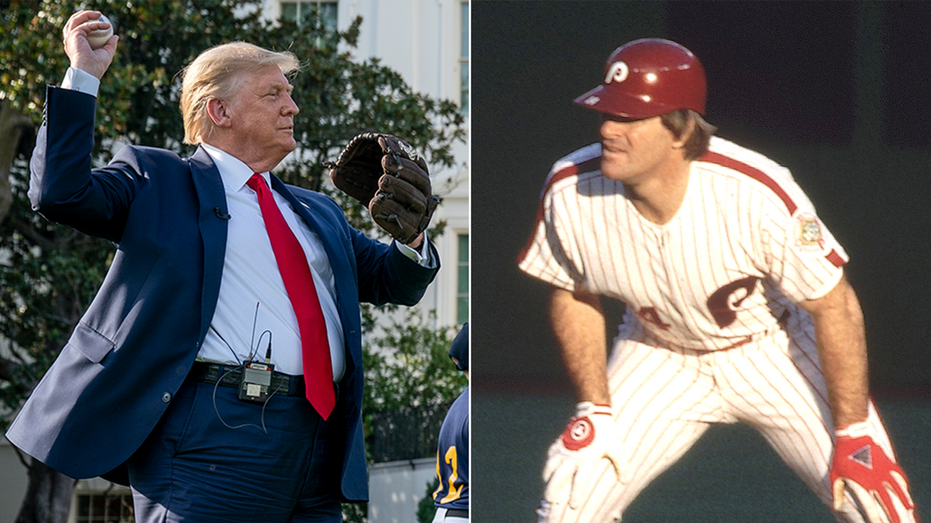Moonpig new subscription model helps it achieve solid earnings
Moonpig has credited its "extraordinary" customer loyalty and expectation beating subscription product for the growth.


Moonpig has credited its “extraordinary” customer loyalty and expectation-beating subscription product as the reason behind improvements in profit, earnings per share and revenue.
The personalised card maker, which was founded by Nick Jenkins in 2000, delivered revenue of £341.1m in the year ended 30 April 2024, an increase of 6.6 per cent, which it said was the result of the Moonpig brand’s strong performance.
This helped the Guernsey-based firm to an adjusted profit before tax of £58.2m, up from £55.4m despite higher interest charges and the amortisation of technology platform investments it made in previous years.
Earnings per share improved substantially, too, up 28.2 per cent from 7.8p in the year ended April 30 2023, to 10p this reporting period.
The reporting period included major operational milestones for the FTSE 250 company, including reaching 0.5m subscribers on its new subscription model within the first year of its launch and launching its same-day delivery company.
But Greetz, its Dutch brand which the group bought in 2018, continued to weigh on Moonpig’s performance with revenue down from £55.4m to £51.2m, a drop of over seven per cent.
Nicky Raithatha, Moonpig’s CEO, commented: “We are delighted that the Group has delivered full-year growth in both revenue and profit, with trading performance strengthening across our peak trading periods in the second half of the year.
“This has been driven by our multi-year investments in technology and innovation, which continue to foster extraordinary customer loyalty.”
In April, shortly before the end of the Moonpig’s reporting period, its shares nosedived after private equity firm Exponent sold 25 million shares in the business at a 10 per cent discount. It was the worst day of trading in three years.


